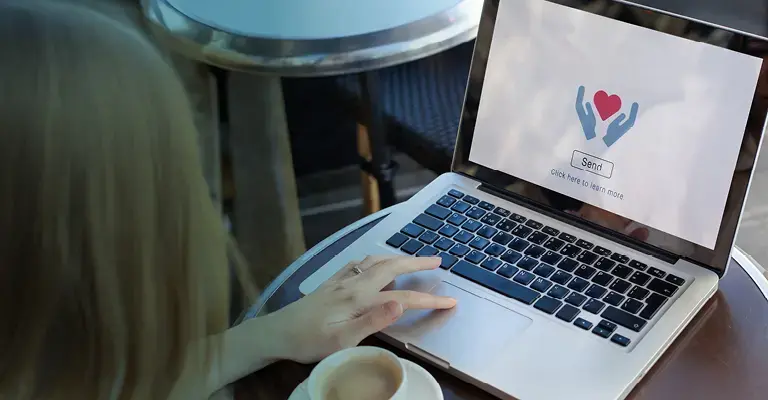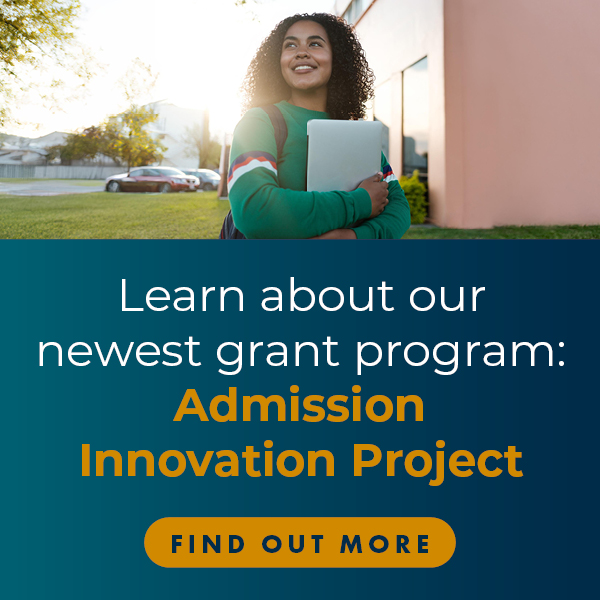Since launching our grantmaking activities in 2014, we have awarded over $26.4 million in support of our research priorities: access, affordability, and the value of legal education.
Awarded Grants
Grant Program
Grant Status

Michigan State University College of Law
Grant Title: Michigan State University College of Law Pathway to the Legal Profession Program (MSUCOL PLPP)
The program will prepare participants to successfully apply for law school admission in Michigan. The program’s purpose is to redress the decrease in the enrollment of underrepresented students in law school exacerbated by Proposal 2 which forbade the consideration of race in admissions decisions. The program will support undergraduate Michigan residents attending Michigan public institutions who are underrepresented in law. Key partners will include local and national bench and bar leaders.

The University of Utah S.J. Quinney College of Law
Grant Title: The “Law as Influence, Law as Change"
The “Law as Influence, Law as Change” program seeks to increase the participation of historically underrepresented and minoritized students in the Four Corners region attending Utah State University Blanding ("Blanding") in Blanding, Utah. The program would sponsor students for a four-week learning experience. In the first two weeks, they will receive instruction at the Blanding site. The final two weeks will take place on campus and in-residence at the University of Utah in Salt Lake City.
View grant outcomes.
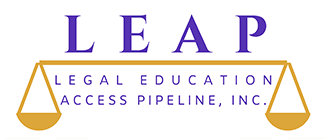
Legal Education Access Pipeline (LEAP)
Legal Education Access Pipeline (LEAP), a 501(c)(3) nonprofit organization now in its third year of operations. LEAP was established to diversify the legal sector and serves college juniors, seniors, and recent graduates from racial and socioeconomic backgrounds that are underrepresented in the legal profession. Leaning on research about successful diversity pipelines and education access initiatives, LEAP’s programs address the primary barriers to law school for the participants they serve.
View Grant Outcomes.

Board of Regents of the University of Wisconsin System
The project seeks to evaluate the efficacy of a 1-credit personal finance course for fourth-year medical students in improving financial knowledge, self-efficacy, and financial planning behaviors. The potential differences in course outcomes for under-represented minority (URM) students versus their non-URM peers to evaluate equity of impact will be examined.
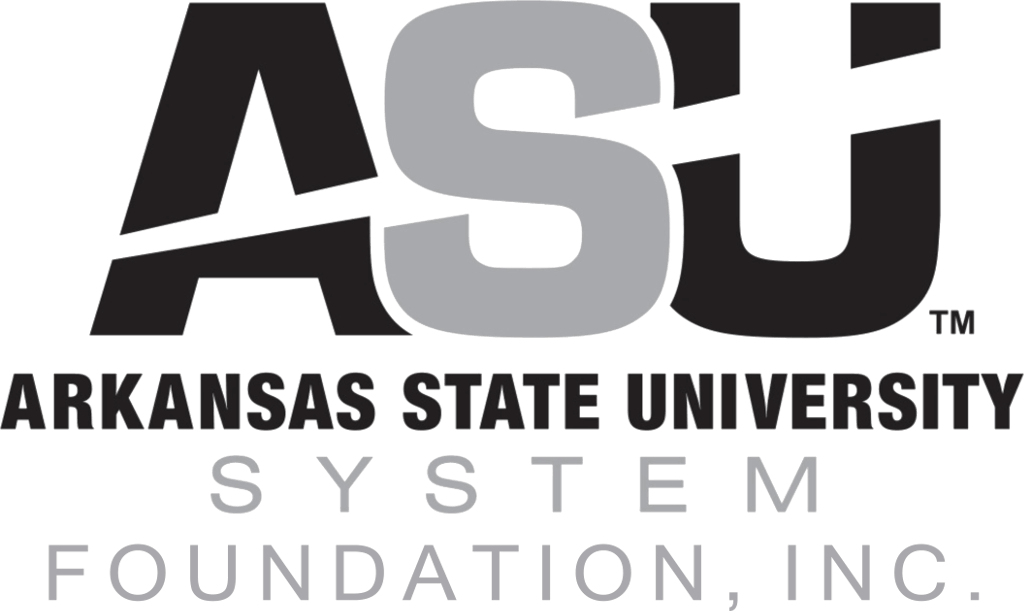
Arkansas State University System Foundation, Inc.
The project will focus on the impact that peer-led and initiated behavioral nudges (in the form of emails, text messages, and phone calls) will have on the financial wellness goals of first-year college students.
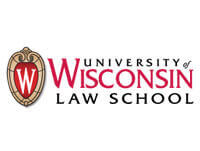
University of Wisconsin Law School
The project is intended to increase our understanding of how a Financial Life Skills (FLS) course can potentially improve undergraduate students' financial knowledge, capability, and well-being. There are three critical aspects related to college students that we wish to explore in this study: financial knowledge, financial attitudes, and financial behavior.
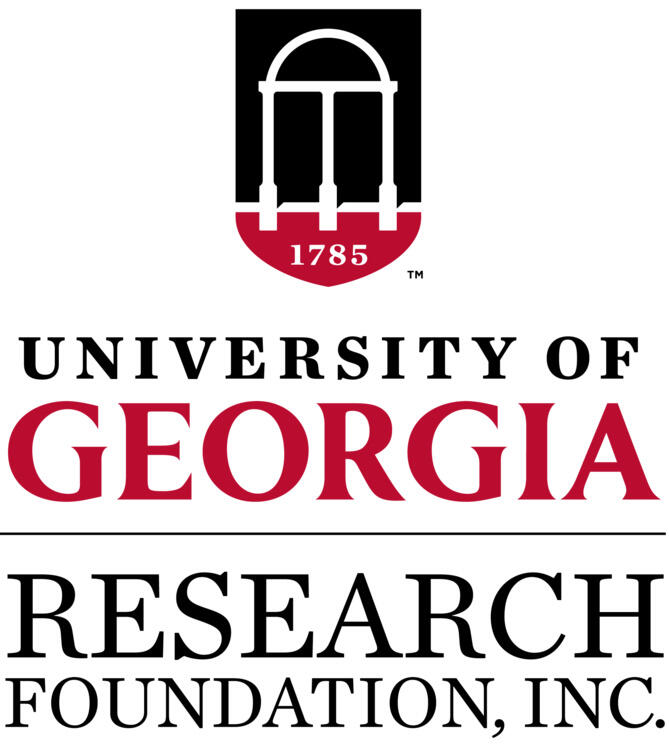
University of Georgia Research Foundation
The project will evaluate the impact of financial education course features on student financial literacy (i.e., financial knowledge, financial skill and financial self-efficacy) and financial well-being. The goal is to examine the effectiveness of collegiate financial education in improving the preparedness of college students to make financial decisions as students and after graduation.

